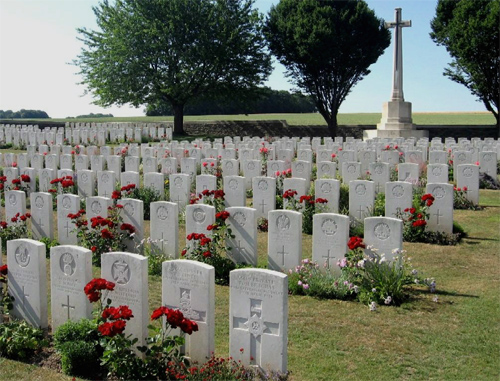
Missing
David Will was the first name I read,
same name as my first son.
I breathed again after a long gasp.
Missing, and the date and place.
Regiment: Gordon Highlanders of course,
because that’s the one they all joined,
the ones from Buchan, the hinterland
behind the coastal towns, places
my forebears lived and laboured.
Remains not found or identified,
fragments of anonymous bone,
strips of nameless flesh,
meat for the trench rats, a red stain
in the puddles that quickly dribbled
into pools of mud, churned by incoming shells
or the boots of marching men.
John Will was next, and in the lists
another John, four Jameses,
a Duncan (my other son’s name),
two brothers, William and George.
Grandmother’s maiden name produced
a new batch, adding Mutch to Will,
folk from Strichen and the Newburgh.
Twenty-five names in all, men who travelled
from Huntly to Ypres, Ellon to Cambrai,
and did not come home. My grandfather made shoes
in Aberdeen and Edinburgh, never spoke
about his service, but he marched back
and fathered my father, the year after
hostilities ended, but didn’t.
Walled gardens feature frequently
in this landscape, each with their strange crops:
ranks of identical upright slabs
with simple inscriptions, books of lists.
Planting poppied crosses doesn’t work for me;
commemorating isn’t what I want to do.
I try to make personal connections, but I can’t.
That happened later in a farmer’s field.
A drainage ditch in the chalky soil
had opened an unmapped trench,
and in the bottom we found bullets,
a belt buckle, and a few white bones:
a shiny rib, and the smooth head of a femur.
Colin Will
If you have any comments on this
poem, Colin Will would be
pleased to
hear them.
(And you might care to look at www.colinwill.co.uk.)


